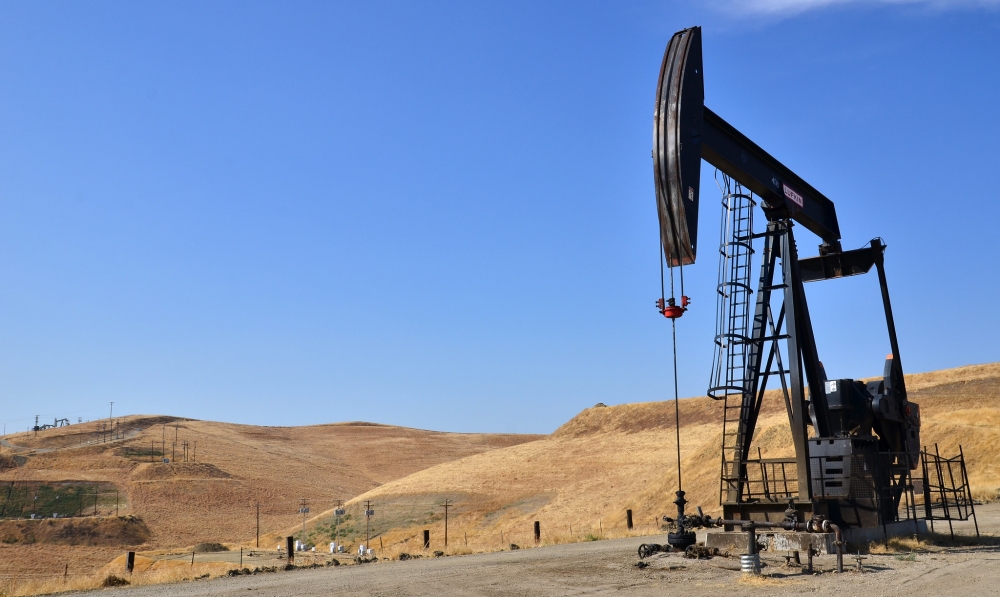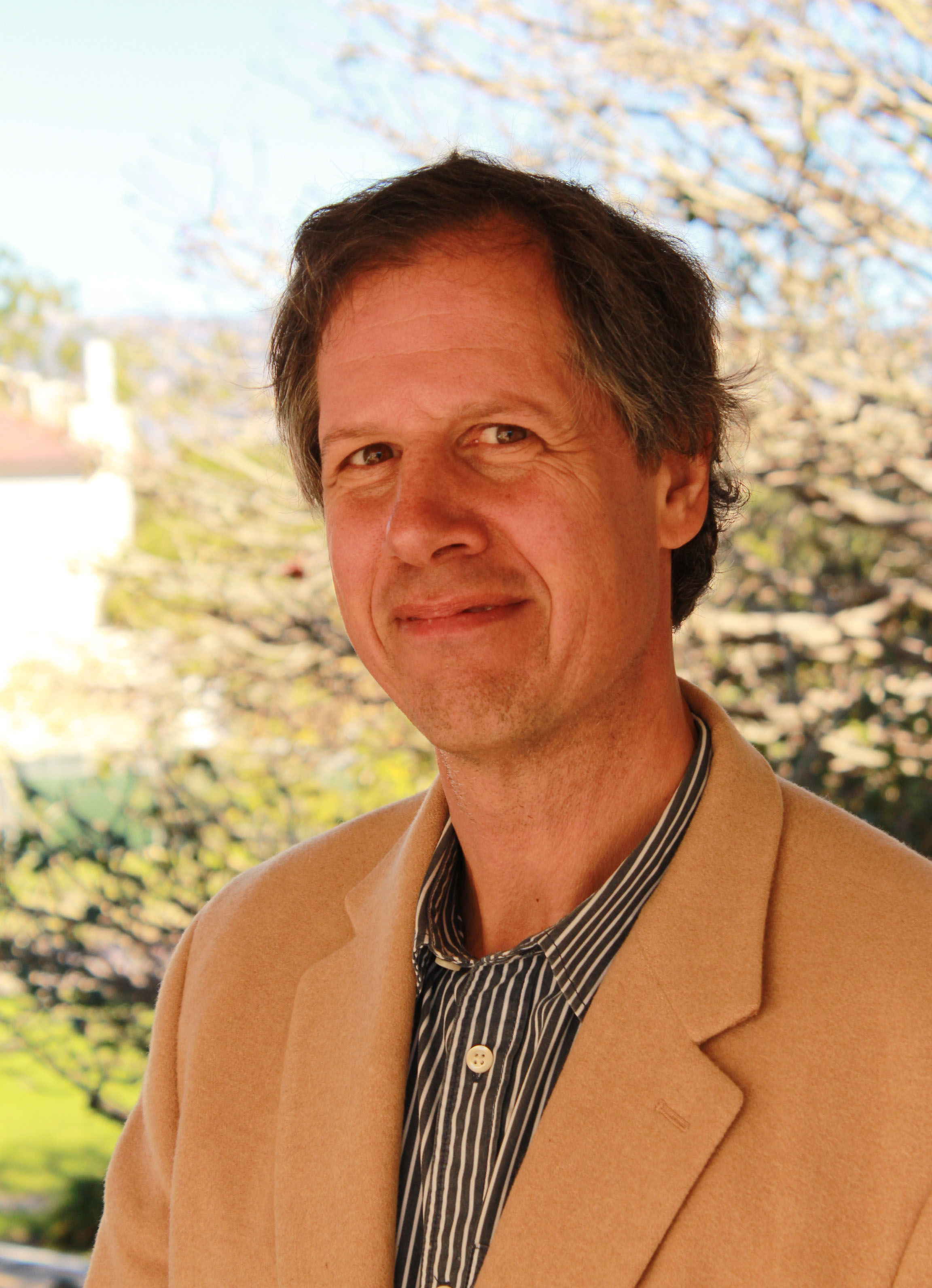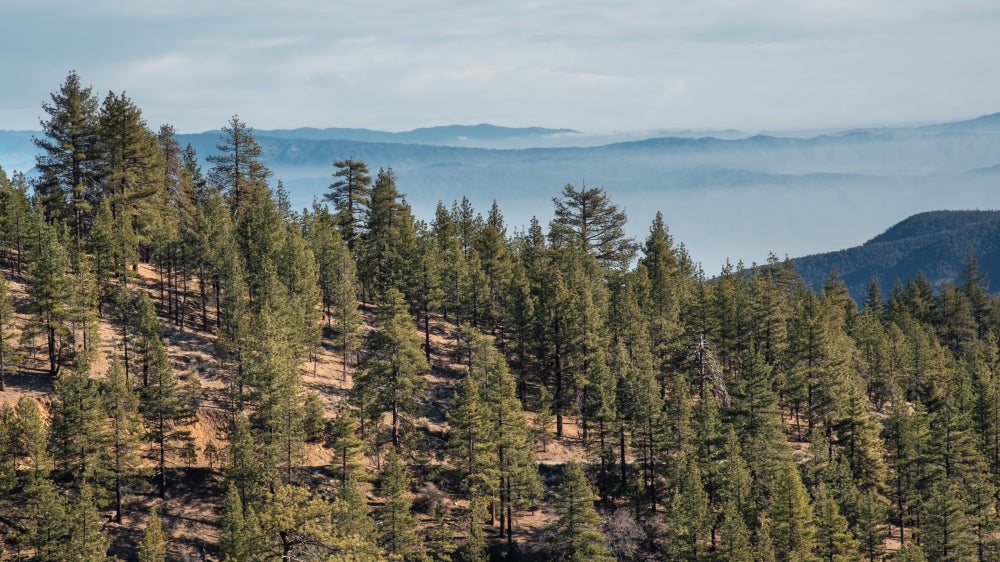
Bidding on a Better Future



In 2016, environmental activist Terry Tempest Williams purchased drilling rights to 450 hectares of federal land in Utah. She created a company and began paying rental fees on the lease. But when Tempest Williams revealed that she intended to keep the oil in the ground, the Bureau of Land Management canceled the leases. They argued that she violated the “diligent development requirement” of the 1920 Mineral Leasing Act, which requires lessees to “exercise reasonable diligence in developing and producing” their leases.
Tempest Williams’ experience highlights the “use it or lose it” stipulation common to many of the laws governing public resources in the U.S. and around the world: You can’t lease public resources with the intent to leave them be. A group of scientists, economists and lawyers at several universities, including UC Santa Barbara, say it’s time for this requirement to go. The authors argue their case for creating a free market in an article featured in the prestigious journal Science.
“We have 19th century laws in conflict with 21st century values,” said co-author James Salzman, Bren distinguished professor of environmental law at UC Santa Barbara.
“When our public lands laws were written in the 1800s and early 1900s, the goal was to make as much productive use of the lands as quickly as possible,” he continued. “The idea of just leaving the lands as they are was not possible. The only valid uses were extraction – logging, mining, grazing — you name it.”
Many professionals in resource management are aware of this issue, but it hasn’t reached the public ear, the authors explained. And the first step in changing the laws is for people to realize what the problem is. “The goal of this project is to say to the public, ‘Hey. This is crazy. And you should know about it,’ ” Salzman said.
An appreciation of public lands for more than their extractive value is a relatively recent phenomenon, added co-author Andrew Plantinga, an environmental economist at UCSB’s Bren School of Environmental Science & Management. The environmental movement in the 1970s saw a huge shift in public appreciation for nature.
At the same time, economists, ecologists and Earth scientists began to recognize the importance of natural benefits like biodiversity and ecosystem services. Not only are intact ecosystems important for wildlife, they discovered; these systems also provide palpable benefits to society such as clean drinking water, pest control and fish stocks, among many other things. These are all services that cost time and money to replace in the form of filtration plants, pesticides and fish hatcheries, to name a few.
There’s also been a growing interest from communities in the health of their local environment.
“Under current rules, I think many people feel powerless to make any substantive impact on those ecosystem services,” said co-author Christopher Costello, director of UCSB’s Environmental Markets Lab and Bren School professor. “The problem is, if you’re worried about wildlife conservation, oppose gas fracking in your backyard or want to keep water in the stream for fish, what do you do? There’s no way to ‘buy’ those goods like you would buy a loaf of bread or running shoes.”
There’s now a great demand for conservation, so why haven’t the rules changed with the times?
“Laws are sticky,” Salzman remarked. “Once you’ve got a law in place, you get vested interests who don’t want things to change.”
And since extraction is a prerequisite for bidding on public resources, conservationists cannot join and bid on public lands to achieve their goals. Instead, a huge component of environmental action and philanthropy in the U.S. is directed toward lobbying in the interest of changing policies and regulations.
Unfortunately, policy changes are often fickle. There’s growing exasperation over the flip-flop of environmental regulations across administrations and a desire for more durable interventions. Everyone is frustrated by the mercurial rules, regardless of whether they favor more or less extraction. “Uncertainty is never good for the economy,” Costello said. “And it can be even worse for the environment.”

Local organizations are concerned about a logging project proposed for Mt. Pinos in the Los Padres National Forest. If laws were amended, they could purchase the timber leases
Photo Credit: BRYANT BAKER
The authors maintain that the laws need to be changed so that people who don’t want to extract resources can bid for the same licenses and permits as those who do. Essentially, if bidding is allowed for use of public lands, those who favor non-use should be able to compete against traditional extractive interests. This would completely change the sector. “Rather than focusing on legislation that determines how resources get used, we can think about this as a market and let the highest values be expressed,’” Plantinga explained.
Granted, there is the possibility that people interested in extraction will have more purchase power and buy all the rights, but that’s the way the market works right now, Salzman pointed out. It may sound odd, he noted, but we need more bidders, not fewer.
The authors aren’t proposing that all public resources be opened up to bidding. They firmly believe that current protections should be kept in place. However, when public resources are offered for sale, they argue that everyone should be allowed to bid on the rights.
Opening up public lands to non-use also empowers smaller groups. Consider a community concerned about the Gunnison sage-grouse, critically endangered by habitat loss from oil and gas development. The options available right now mostly involve petitioning state and federal agencies to make sweeping changes, a task far beyond the resources of most individuals and local organizations.
“Imagine that instead of fighting endless, costly and often fruitless court battles, the same community could buy up a bunch of mineral rights, and choose not to extract the oil,” Costello said. “That would be an asset that they now own.”
Updating the laws, the researchers say, will allow the true value of public resources to be revealed in an environmental market. It will give different groups equal footing in auctions, and create a more stable, actionable path toward conservation, to the benefit of both industry and the environment.



